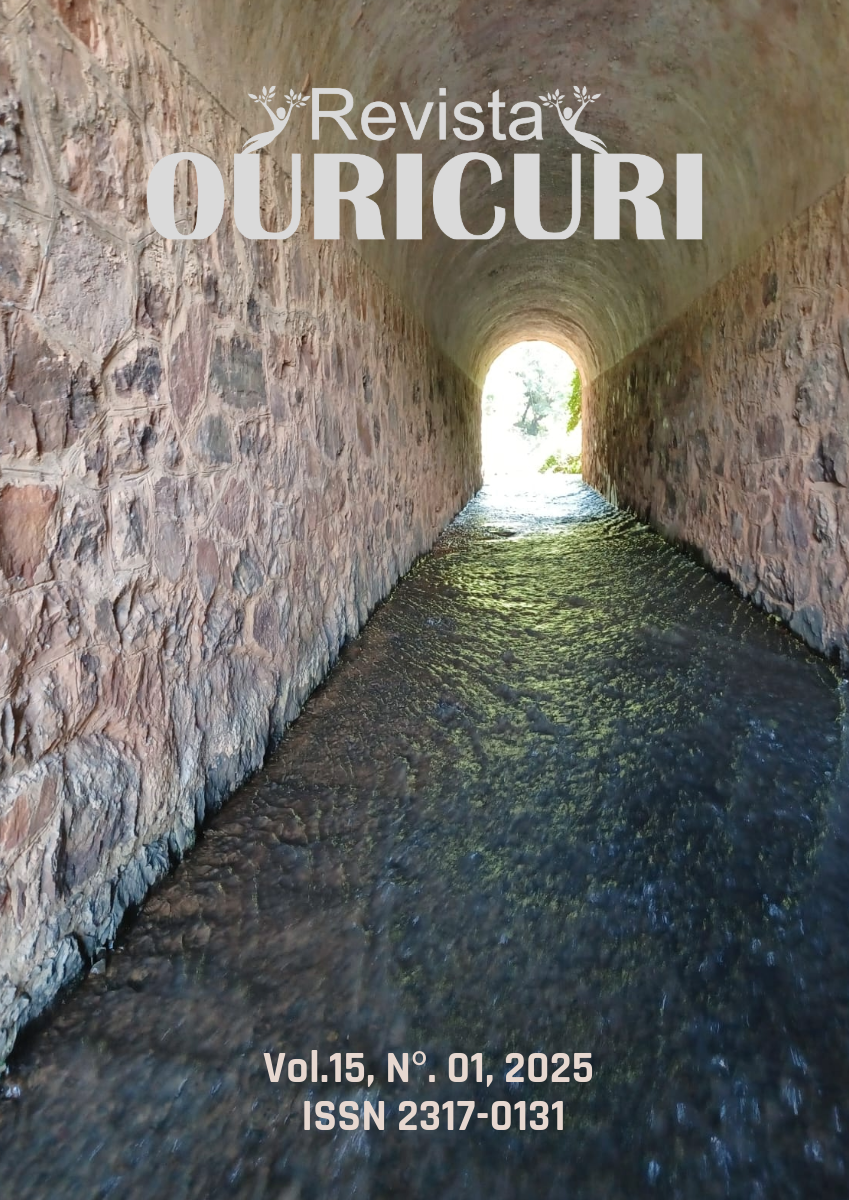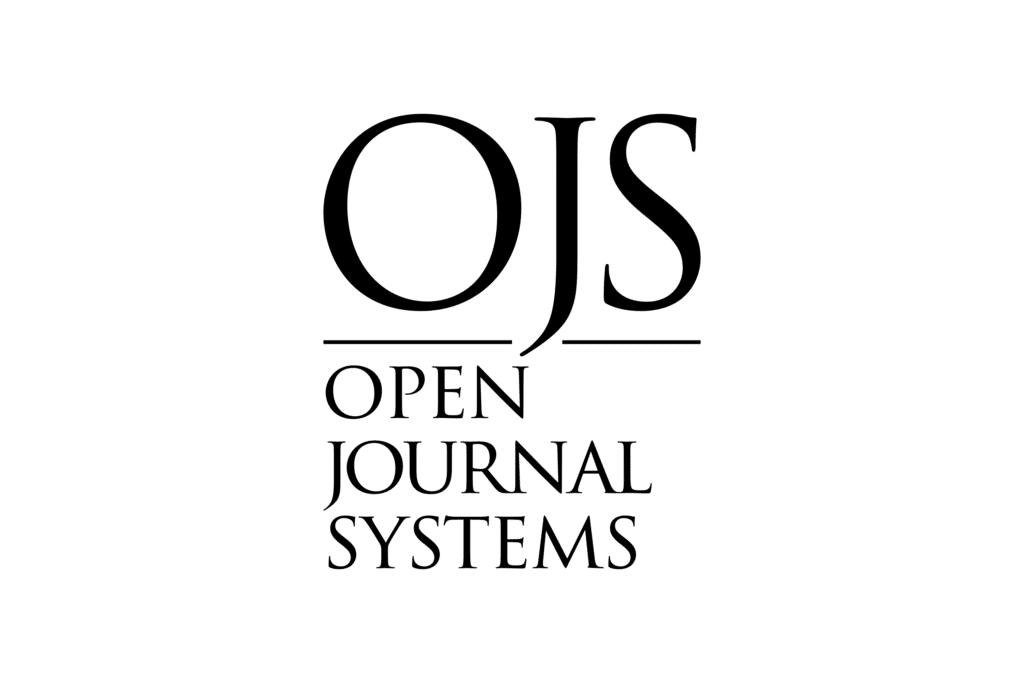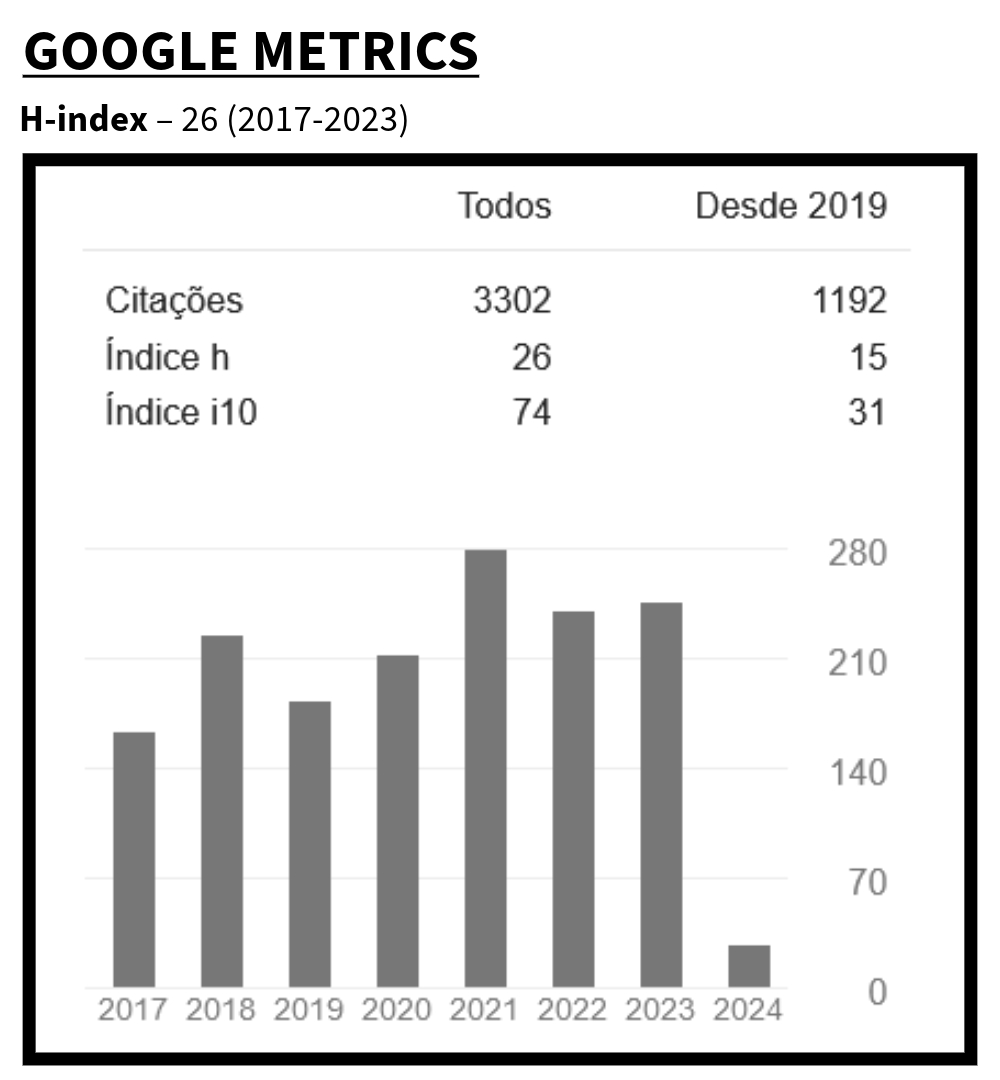Curriculum and Difference
a reflection on identity in curriculum theories
DOI:
https://doi.org/10.59360/ouricuri.vol15.i1.a22601Keywords:
Education, Curriculum, Culture, Identity, DifferenceAbstract
This article discusses the curriculum, defining it conceptually and systematically structuring curricular theories within the framework of a reflection inherent to the Brazilian pedagogical process, in which the curriculum is articulated with culture, economy, politics, and identity. With a post-structuralist character, this theoretical article argues that the curriculum does not emerge from a natural process, but from historically and culturally determined discursive contexts, in which antagonistic forces seek to privilege certain ideologies over others. Aiming to outline the evolution of the concept of curriculum, this article demonstrates the need for a curriculum congruent with the Brazilian multicultural condition, moving away from the ready to use models defended in traditional and critical theories. It is in this context that the curriculum and the school are the meeting place of multiple discourses, cultures, races, and histories with their crossings that place difference in front of the identity mirror, producing decentered cultural identities, consistent with postmodernity, especially for the reality of a multicultural country like Brazil.
Downloads
References
Arroyo, M. G. Currículo, território em disputa. Petrópolis: Vozes, 2013.
Bourdieu, P. O poder simbólico. Rio de Janeiro: Bertand Brasil, 1989.
Bourdieu, P.; Passeron, J.-C. A reprodução: elementos para uma teoria do sistema de ensino. 3. ed. Rio de Janeiro: Livraria Francisco Alves Editora, 1992.
Caetano, M. R. Agora o Brasil tem uma base! A BNCC e as influências do setor empresarial. Que base? Educação em Revista, Marília, v. 21, n. 02, p. 65-82, 2020.
Candau, V. M. Multiculturalismo e educação: desafios para a prática pedagógica. In: Moreira, A. F.; Candau, V. M. (orgs.). Multiculturalismo: diferenças culturais e práticas pedagógicas. Petrópolis, RJ: Vozes, 2013.
Carneiro, M. L. T. Imigrantes indesejáveis. A ideologia do etiquetamento durante a Era Vargas. Revista USP, n. 119, out-dez, 2018. Disponível em: https://jornal.usp.br/revistausp/revista-usp-119-textos-8-imigrantes-indesejaveis-a-ideologia-do-etiquetamento-durante-a-era-vargas/. Acesso 03 nov. 2024.
Fanon, F. Pele negra, máscaras brancas. Salvador: EDUFBA, 2008.
Freyre, G. Casa-grande e senzala: formação da família brasileira sob o regime patriarcal. São Paulo: Global, 2013.
Geertz, C. A interpretação das culturas. Rio de Janeiro: LTC, 2008.
Goodson, I. A construção social do currículo. Lisboa: Educa, 1997.
Hall, S. Da diáspora: identidade e mediações culturais. Belo Horizonte: Editora UFMG; Brasília: Representação da UNESCO no Brasil, 2003.
Hall, S. A identidade cultural na pós-modernidade. Rio de Janeiro: DP&A, 2006.
Lopes, A. C.; Macedo, E. Teorias de currículo. São Paulo: Cortez, 2011.
Lopes, A. C. Teorias pós-críticas, política e currículo. Educação, Sociedade & Culturas, nº 39, p. 7-23, 2013.
Martius, K. F. P. [1845]. Como se deve escrever a história do Brasil. In: Guimarães, M. L. S. Livro de fontes de historiografia brasileira. Rio de Janeiro: EdUERJ, 2010.
Moreira, A. F. B.; Candau, V. M. Currículo, conhecimento e cultura. In: Indagações sobre o currículo: currículo, conhecimento e cultura. Brasília: Ministério da Educação, Secretaria de Educação Básica, 2008.
Reis, M. N.; Oliveira, E. R. O currículo entre a pluriversalidade e o epistemicídio: uma reflexão introdutória. Revista Diálogos Interdisciplinares, v. 14, n. 3, 2023.
Reis, M. De N.; Oliveira, E. R.; Oliveira Junior, G. B. de. Currículo e relações étnico-raciais: atravessamentos contemporâneos. Revista Espaço do Currículo, [S. l.], v. 17, n. 3, p. e67632, 2024. Disponível em: https://periodicos.ufpb.br/index.php/rec/article/view/67632. Acesso em: 7 jan. 2025.
Sacristán, J. G. Saberes e Incertezas do Currículo. Porto Alegre: Penso, 2013.
Santos, S. A. “O Negro no Poder” no Legislativo: Abdias do Nascimento e a discussão da questão racial no parlamento brasileiro. PEREIRA, A. M.; SILVA, J. da. (Orgs.). Movimento Negro Brasileiro: escritos sobre os sentidos de democracia e justiça social no Brasil. Belo Horizonte: Nandyala, 2009.
Santos, J. B.; Vieira, E. P.; Silva, T. R. da. As políticas curriculares BNCC e BNC-Formação no contexto da educação infantil: reflexos para a educação das relações étnico-raciais. Revista Debates em Educação. Vol. 14, Número Especial, 2022, p. 86-108.
Saviani, D. Pedagogia histórico-crítica: primeiras aproximações. 11.ed. Campinas, SP: Autores Associados, 2011.
Silva, T. T. O currículo como fetiche: a poética e a política do texto curricular. Belo Horizonte: Autêntica, 2001.
Silva, T. T. A produção social da identidade e da diferença. SILVA, T. T. (org.); HALL, S.; WOODWARD, K. Identidade e diferença: a perspectiva dos estudos culturais. Petrópolis, RJ: Vozes, 2014.
Silva, T. T. Documentos de identidade: uma introdução às teorias do currículo. Belo Horizonte: Autêntica Editora, 2016.
Silva, A. D.; Soares, C. A. M.; Pinto, R. O. Teorias e práticas do currículo. Londrina: Editora e Distribuidora Educacional S.A., 2017.
Silva, A. L.; Silva, C. A Base Nacional Comum Curricular e a Educação Étnico-Racial na promoção de uma educação antirracista. Rev. Eletrônica Pesquiseduca. Santos, V.13, N. 30, p. 553- 570, maio-ago. 2021.
Trombini, M.; Galindo, J. A. De crime a patrimônio cultural, capoeira conquista espaço nas escolas e universidades. Jornal da USP. 5 jul. 2024. Disponível em: https://jornal.usp.br/diversidade/de-crime-a-patrimonio-cultural-capoeira-conquista-espaco-nas-escolas-e-universidades/#:~:text=Em%201890%2C%20o%20C%C3%B3digo%20Penal,uma%20apresenta%C3%A7%C3%A3o%20e%20ficar%20impressionado. Acesso em 20 nov. 2024.
Veiga-Neto, A. Cultura e currículo. Revista Contrapontos. Ano 2, n. 4, Itajaí, jan/abr 2002.
Weber, M. Ciência e política: duas vocações. São Paulo: Martin Claret, 2015.
Published
How to Cite
Issue
Section
License
Copyright (c) 2025 Ouricuri Magazine

This work is licensed under a Creative Commons Attribution 4.0 International License.
Authors who publish with this journal agree to the following terms:
a. Authors retain copyright and grant the journal right of first publication with the work simultaneously licensed under a Creative Commons Attribution License that allows others to share the work with an acknowledgement of the work’s authorship and initial publication in this journal.
b. Authors are able to enter into separate, additional contractual arrangements for the non-exclusive distribution of the journal’s published version of the work (e.g., by posting it to an institutional repository or publishing it in a book), with an acknowledgement of its authorship and initial publication in this journal.
c. Authors are permitted and encouraged to post and distribute their work online (e.g., in institutional repositories or on their website) at any point prior to and during the editorial process, as it can lead to productive exchanges, as well as earlier and greater citation of published work (See The Effect of Open Access).













 B1 (2017-2020)
B1 (2017-2020)


















